Learning organizations smoothly morph as they adapt to new challenges—and they unlearn existing ways of working when those become limitations.
Research and publish the best content.
Get Started for FREE
Sign up with Facebook Sign up with X
I don't have a Facebook or a X account
Already have an account: Login
For Product Owners/Product Managers and Scrum Teams: Growth Hacking, Devops, Agile, Lean for IT, Lean Startup, customer centric, software quality...
Curated by
Mickael Ruau
 Your new post is loading... Your new post is loading...
 Your new post is loading... Your new post is loading...
|
|






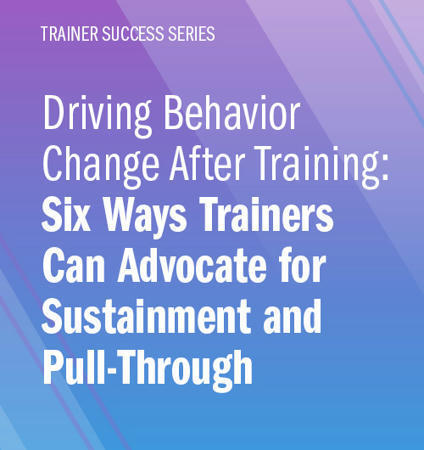
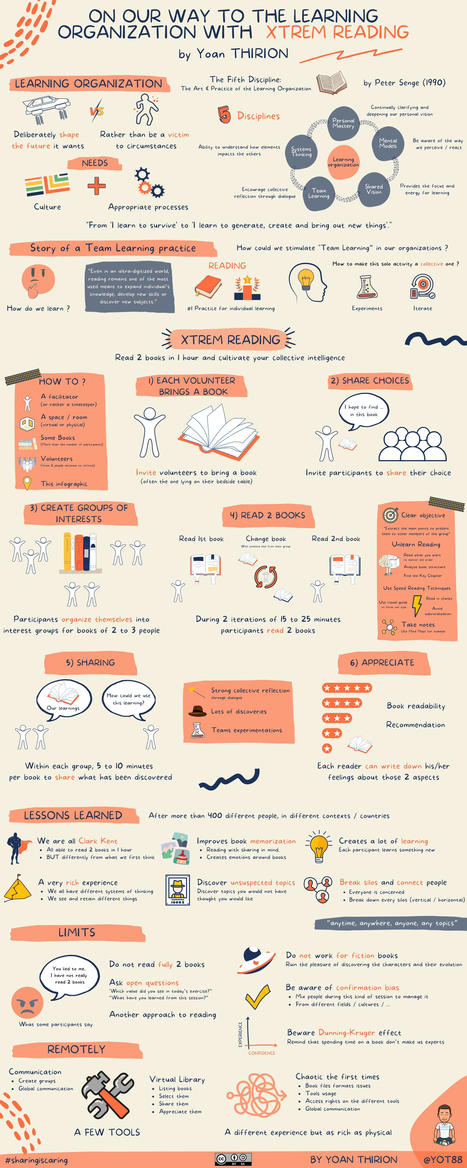
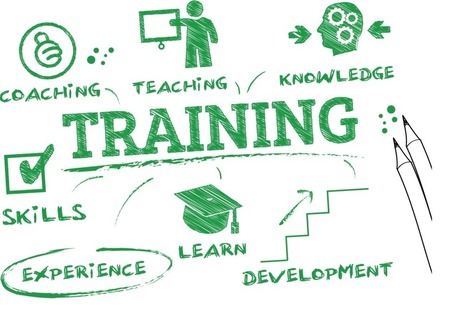
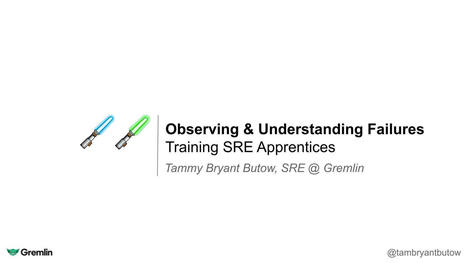

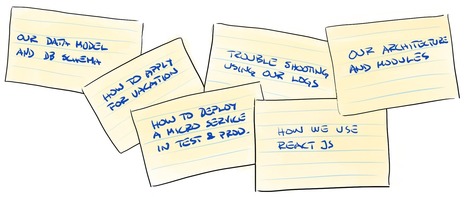





We are regularly asked if we know any DevOps or site reliability engineering (SRE) experts available for hire. Our answer is, invariably, "Not really." It's a tough market out there.
DevOps and SRE (for large-scale software, at least) are critical approaches for success in modern software delivery and operations, as widely demonstrated every year in the State of DevOps report or the array of presentations at the DevOps Enterprise Summit.
But if you think you can achieve DevOps by hiring "DevOps experts," you are missing some contextual awareness. What exactly are you trying to improve in the first place?
If your software delivery is slow because of work you're handing off among multiple teams with diverse schedules and priorities, will a new hire really help?
We're not suggesting that you not hire people with diverse skills and backgrounds—that can be quite valuable to bring in new perspectives and approaches.
But conventional hiring based on expertise alone is ineffective and prevents organizations from developing the "learning muscles" that can help teams traverse the latest trends (DevOps, SRE, etc.) to their benefit at the right time, and in the right context.
Hiring experts for every need is like engaging in palliative care for organizational health. Preventive care would be to incorporate the necessary team structures and interactions—as well as a focus on people growth and sufficient slack—to effectively take in process, technology, and business changes.
Learning organizations smoothly morph as they adapt to new challenges, and they unlearn existing ways of working when they become limitations rather than enablers.